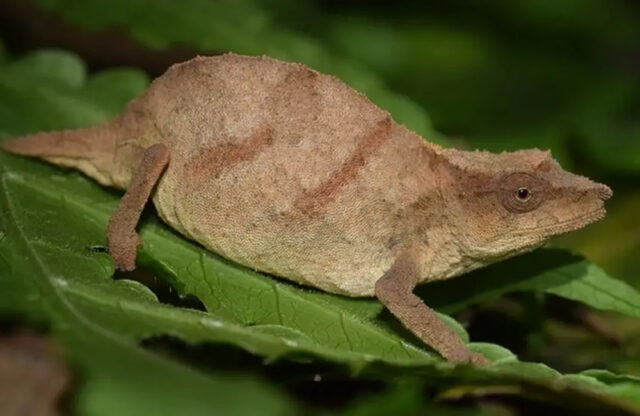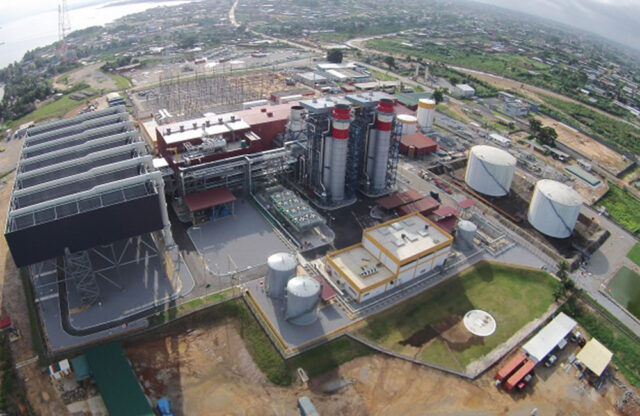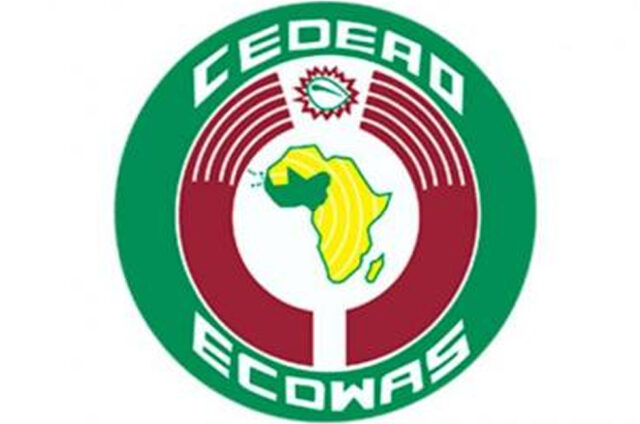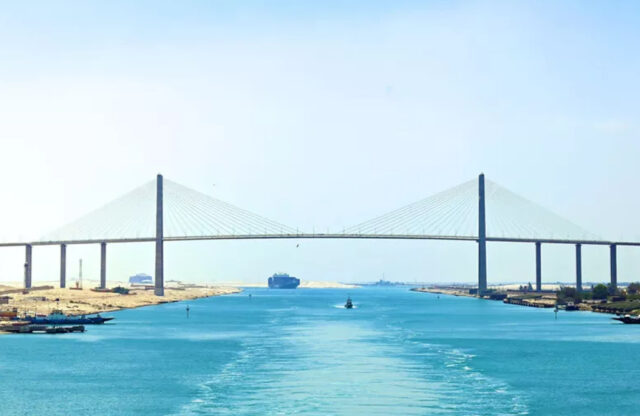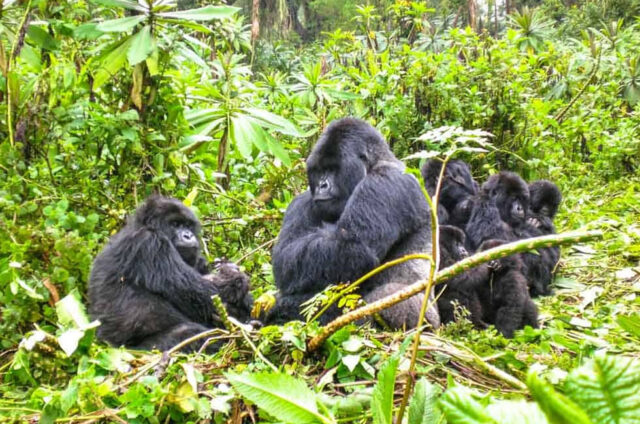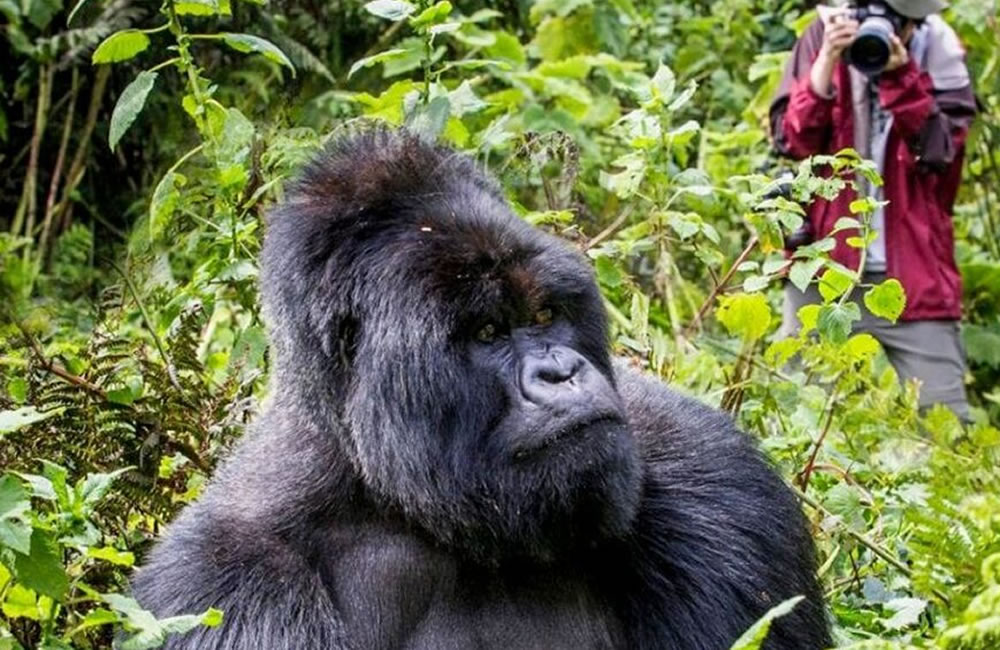In the United States, the term “big oil companies” is likely to be taken to mean the major private international oil companies, largely based in Europe or America. However, while some of those companies are indeed among the largest in the world, by many important measures, a majority of the largest oil companies are state-owned, national oil companies. By conventional definitions, national oil companies hold the majority of petroleum reserves and produce the majority of the world’s supply of crude oil. Since national oil companies generally hold exclusive rights to exploration and development of petroleum resources within the home country, they also can decide on the degree to which they require participation by private companies in those activities.
The national oil companies typically do not operate strictly on the basis of market principles. Because of their close ties to the national government, in many cases their objectives might include wealth re-distribution, jobs creation, general economic development, economic and energy security, and vertical integration. Although these objectives might be desirable from the point of view of the nation’s government, they are unlikely to be equivalent to the maximization of shareholder value, the stated objective of the private international oil companies. Differing objectives might be considered to be important only if they lead to different characteristics and outcomes, which is the case for the national oil companies.
Many of these companies have been found to be inefficient, with relatively low investment rates. They tend to exploit oil reserves for short-term gain, possibly damaging oil fields, reducing the longer term production potential. Some also have limited access to international capital markets because of poor business practices and a lack of transparency in their business deals. High oil prices since late 2003 have masked the effect of some of these characteristics in the flow of oil revenues. However, if the price of oil moderates, the potential supply constraint related to the inefficient operations of the national oil companies may be a destabilizing factor in the world oil market.
A wide variety of policy directions can be taken to mitigate the potential challenge posed by the dominance of national oil companies. Demand management policy can reduce the U.S. dependence on imports. The U.S. government can use its political influence to try to encourage nations not to use national oil companies to forward the aims of the government, but to follow commercial practices to maximize revenue flows. An expanded supply of oil could be encouraged as a condition for trade and aid agreements in some cases. Finally, promoting international trade and recognized commercial practices could be encouraged.
The Market Position of National Oil Companies Rankings of companies can be accomplished using a number of different criteria. In the oil industry, based as it is on current production to generate current earnings and on reserve positions to ensure the future viability of the enterprise, several standards need to be applied to assess the evolving nature of the companies in the industry. Additionally, investment, in the form of exploration and development expenditures, serves as a link between the present and the future, ensuring an ongoing continuity for the company so that reserves are not unduly depleted by current activities. Consumers also have an interest in the structure and size of firms and their activities if the current production level, as well as the proved reserve position of the companies or industry, is declining. If current production declines in the face of growing world demand, it is likely that prices will rise, and the possibility of physical shortages will be heightened. If exploration and development expenditures are reduced because of problems encountered by some firms in accessing international capital markets, the relative scarcity of oil might increase, leading to higher future prices, as well as potentially restricted supply.
Objectives and Characteristics of National Oil Companies
The reserve and production positions of the national oil companies might be little cause for concern if the companies operated much like the private international oil companies, and state ownership was only a matter of how the stock shares of the company were held. However, it is likely that the objectives for many national oil companies, as well as the characteristics of their operations, differ from companies in the private sector of the oil industry.
Objectives
Privately held companies have the goal of maximizing shareholder value. The management of the company may accomplish that goal through organizing production so that a profit is made in the current time frame as well as in the future.
They also might make investment decisions to take advantage of opportunities to raise the company’s rate of return. They also have the motivation to achieve productive efficiency to hold down costs to enhance the profitability of any given revenue level. This activity is thought to benefit consumers by assuring that physical shortages are avoided and that the good is available at the lowest price consistent with demand and supply factors. In the oil industry, maximization of shareholder value is taken to mean that the value of oil resources should be maximized through managing production, exploration, and development activities to assure a functioning market. To ensure the long-term viability of the company, reserve replacement is necessary.
For the company to grow, it must have the ability to expand production and sales to meet demand growth in newly developing economies as well as in developed areas. Technical efficiency in all parts of the supply chain leads to cost minimization as well as improvements in product performance and environmental integrity. These values represent the average gasoline prices over the period 2002 to 2004 and compare to an average price of $2.10 in the United States for the same period. The Changing Role of National Oil Companies in International Energy Markets, Introduction and Summary Conclusions, Presentation at the James A. Baker III Institute for Public Policy, Rice University, March 1, 2007. 8 Ibid. National oil companies do not necessarily follow the shareholder value maximization model alone. Since these companies are totally, or majority, owned by their national governments, maximizing the value of the company might have to compete with other, governmentally mandated objectives.
Although all national oil companies respond to their national governments to one degree or another, the amount of influence varies widely. The national oil companies of more developed nations, Statoil in Norway, and Petronas in Malaysia, for example, tend to follow a more commercially oriented strategy than the Nigerian National Petroleum Company, and Petroleos de Venezuela, where government objectives largely supplant commercial objectives, and the companies are under pressure to maximize the flow of funds to the national treasuries.
Wealth Distribution
National oil companies may be involved in redistributing the oil wealth of the nation to the society in general. This redistribution can be accomplished through fuel subsidies, employment policies, and social welfare programs among other programs. Fuel subsidies are common, reducing the price of gasoline in Venezuela to $0.11 per gallon, $0.21 per gallon in Iran, and $0.64 per gallon in Saudi Arabia.
In contrast, gasoline had an average price of $5.77 in Norway, one of the higher observed price levels in the world. While subsidized fuel prices reduce energy prices to the general population, enhance industrial and transportation resources, and protect the domestic economy from the damaging effects of volatile world petroleum prices, the downside is that they are very expensive in terms of lost potential revenues for the national oil company. The artificially low price encourages demand growth, corruption, inefficient use of fuels, and even arbitrage-based smuggling schemes. The expanded use of fuels domestically leads to reduced exports and tightens supply in world markets, leading to higher prices in the oil-importing countries. Examples of subsidy programs with these effects include those observed in Iran, Nigeria, and Indonesia among others.
Economic Development
National oil companies are also used by their governments as tools in the overall process of economic development. In some nations, the petroleum industry is the first large economic sector opened to the world economy. As such, the petroleum industry may be the first to introduce concepts of international investment contract and property law, as well as accepted accounting and financial standards, all necessary for economic development to proceed. The industry may serve as a conduit for technology transfers to the larger economy. Local content rules may be imposed to ensure the development of ancillary service businesses to spread development dollars.
The national oil company may also be required to supply subsidized fuels to industries targeted in the nations’ development plans. An example of the development responsibilities of a national oil company is in Kazakhstan, where KMG has clearly stated its aims. These objectives include integrating Kazakhstan into the world economy and ensuring that KMG’s growth and development translates into more general economic growth in the nation. National oil companies can also be used by their national governments as a tool to achieve foreign policy goals, leading to direct alliances as well as national oil company to national oil company ties that can pave the way to political relationships. Oil is a strategic commodity in the world economy, and its production and use can foster strategic relationships.
Energy Security
Broadly based energy security is among the objectives of the national oil companies. Security on the demand side means not allowing one consumer to become critical to the national oil company. For example, PDVSA has recently tried to direct its oil sales away from the United States in the hope of reducing U.S. economic influence, and as a way to develop other consuming markets for Venezuelan crude oil. However, in some cases technological factors make this strategy difficult. A long-standing relationship between an oil exporter and importer may lead to the investment in more-or-less specialized facilities that facilitate the use of the exporting nation’s oil. In the United States-Venezuela case, Venezuela produces relatively heavy crude oils, especially from the Orinoco basin projects.
The United States has refineries designed to use this crude oil. As Venezuela seeks to diversify its customer base, it must find locations with refinery capacity suited to its crude oil. In other cases, energy security objectives for national oil companies are defined in terms of security of supply. Supply security objectives in the well-functioning world oil market are usually defined in terms of the diversity of producers and the security of oil supply lanes. For some countries and their national oil companies, oil supply security means the ownership, or exclusive rights to, desired supplies of oil. Some analysts have identified China as a nation following this type of strategy. The attempted purchase of Unocal, the U.S. based oil and natural gas Company, by CNOOC in 2006 likely was of interest to the Chinese mainly to gain access to natural gas fields in Southeast Asia, controlled by Unocal.
Vertical Integration
Although national oil companies in oil-producing nations have their roots in upstream operations, some are striving to achieve vertical integration. On an economic level, vertical integration allows the national oil company to capture the value added from producing and selling petroleum products. PDVSA’s acquisition of Citgo in the United States provided refining as well as retail marketing outlets for Venezuelan oil. In addition, demand security was enhanced through gaining a position in the large U.S. gasoline market. In other cases, national oil companies might be able to gain access to markets otherwise not available to them. The national oil companies may also be able to achieve a greater degree of diversification and mitigation of risk through vertical integration. Oil prices have tended to be volatile. Profits may accrue to different parts of the supply chain at different times and during various market conditions. Vertical integration may enhance the ability of national oil companies to be profitable in changing markets.
Characteristics of National Oil Companies
Because national oil companies may be motivated by different objectives than private oil companies, their performance characteristics are also likely to be different. This might be of little consequence to consuming countries except that, in a tight oil market, the national oil companies may become an impediment to the smooth functioning of the world oil market in the future. Productive efficiency is normally defined as maximizing the output associated with any given level of inputs. Measuring productivity in the oil industry, compared to a typical manufacturing industry, is difficult because geological factors enter into the process on the input side and may not be controllable by management in the normal sense. However, comparative econometric productivity studies within the oil industry do exist.
Investment
Because of the demands of the government and national treasuries, national oil companies may have a shorter time horizon for operational decisions than the international oil companies. The national oil companies may have an undue focus on earning current revenues and maximizing current production.
This could result in mis-management of existing fields, which allows a smaller recovery percentage than theoretically possible, and a neglect of exploration and development. In the longer term, damage to the world oil market could be enhanced by the dominant position the national oil companies have in terms of potential reserve access.
For consumers, the national oil companies’ focus on current production may work to keep the world price of oil relatively lower in the near term. However, if the national oil companies ignore investment in exploration and development, it could mean higher oil prices in the future. Some estimates of the needs for oil industry investment total $16 trillion over 30 years.15 If the national oil companies do not undertake investment on this scale, and if they and their governments exclude the international oil companies from developing reserves in their countries, the world oil market could be supply-constrained in the future, and prices might be higher than if higher investment took place.
Access to Capital
The International Energy Agency has estimated that over the period 2001 to 2030, the world will need to invest $16 trillion in energy infrastructure to meet the needs of projected demand. The oil sector is expected to account for $3 trillion of the total. To accomplish this level of investment, it is likely that the industry will need to draw on many sources of financial capital. Since 2004, the international oil companies have had record-setting profit performances. This financial strength allows them substantial latitude in accessing financial resources. Because their own cash reserves have risen, internal financing has become a viable option. Because of their strong balance sheet and income statements, it is likely that they can access world capital markets for financing on relatively favorable terms.
National oil companies are in a weaker position with respect to the capital markets. Their relative inefficiency in turning oil into revenues as discussed in this report makes them less likely to receive favorable terms from international capital markets. Their obligations to the national treasury to finance domestic welfare programs, along with the below market price sale of their products at home, make it less likely that they will have access to enough retained internal earnings to finance optimal levels of exploration and development of oil resources.
To the extent that such companies experience a shortage of financial capital, it could result in higher prices and the potential for physical shortages in the future. If national oil companies do gain wide-spread access to the world financial markets, this might not only spur upstream capital investment but might also provide benefits to the companies and their interface with the global market. Compliance with international accounting standards, more business transparency, as well as certain basic standards of corporate responsibility might result from the national oil companies’ exposure to international financial markets.
Policy Analysis
Recognition of national oil companies’ growing dominance of the world oil market has led some experts to view this as an energy security issue. The growing strength of the national oil companies implies, at least in a relative sense, the diminished importance of the private international oil companies. This dynamic could transform the reaction of the market to demand and supply signals. Since a major thread of current policy toward oil is “let the market take care of it,” a change in the way the market works might call for significant adjustments in the policies of oil-consuming nations. Some of the policy options presented below have been extensively debated in the past as features of broadly based energy strategies, while others are controversial and would likely be difficult to implement. Others, such as the creation of a U.S. national oil company are extremely unlikely to be considered while the world oil market continues to function as a viable market.
Demand-Based Policy
The success of many economic policy measures designed to alter market outcomes requires consideration of likely actions by both those who demand the product as well as those who supply it. As a result, if oil-importing countries believe that the growing importance of national oil companies are a potential threat to their ability to gain access to desired supplies, not only should importers seek to change the behavior of national oil companies, but they might also change their own energy strategies. The key elements in such a demand-side policy are well known. They include diversifying the supply base, so that potential political problems are less likely to result in economic damage through reduced oil supply. In addition, conservation that reduces demand, or at least reduces the growth in demand, perhaps through taxes on imported oil or petroleum products, for example, might serve to reduce the potential influence that oil-based actions have on the domestic economy.
Supply-Based Policy
Oil importing nations might also use their political influence to try to encourage the national oil companies and their governments to alter their behaviors. The companies might be encouraged to improve their efficiency and respond to market signals more like privately owned firms. If the national oil companies find a need to access international capital markets more regularly, this result might be achieved as a natural result of exposure to the requirements of lenders. On a more political level, governments might try to encourage the governments of national oil companies to reduce their intervention in the operational decisions of the companies. This might be difficult to achieve in countries like Venezuela under the Chavez government, but progress likely can be made in more democratic environments. The clearest example might be Statoil and Norway, which operates largely on market principles.
Conclusion
As the world oil market changes its structure to include the growing importance of national oil companies, recognition of the likely consequences of this trend is an important first step in helping to secure oil supply. If the national oil companies hold the title to ever greater portions of actual and potential oil reserves, production, and exploration and development activities, and if they are relatively less capable of utilizing those resources, oil supplies are likely to be relatively constrained in the future. Given projections of demand growth of about 50% by 2030, constrained supply might imply sharply rising oil prices.
Venezuela provides an early example of how the political influence of a government can affect the supply of oil, disturb existing market partnerships, both with companies and with the United States, and forward the interests of U.S. competitors. The private international oil companies are unlikely to be able to counter national oil companies to preserve their own profit-seeking interests as well as those of the U.S. market, which requires adequate physical supply at moderate prices. Various policy directions are available to counter the effects of national oil companies, but the recognition that a potential problem exists, as well as a long-term commitment to any chosen policy direction, will likely be needed to minimize the threat to U.S. oil market stability and energy security.




